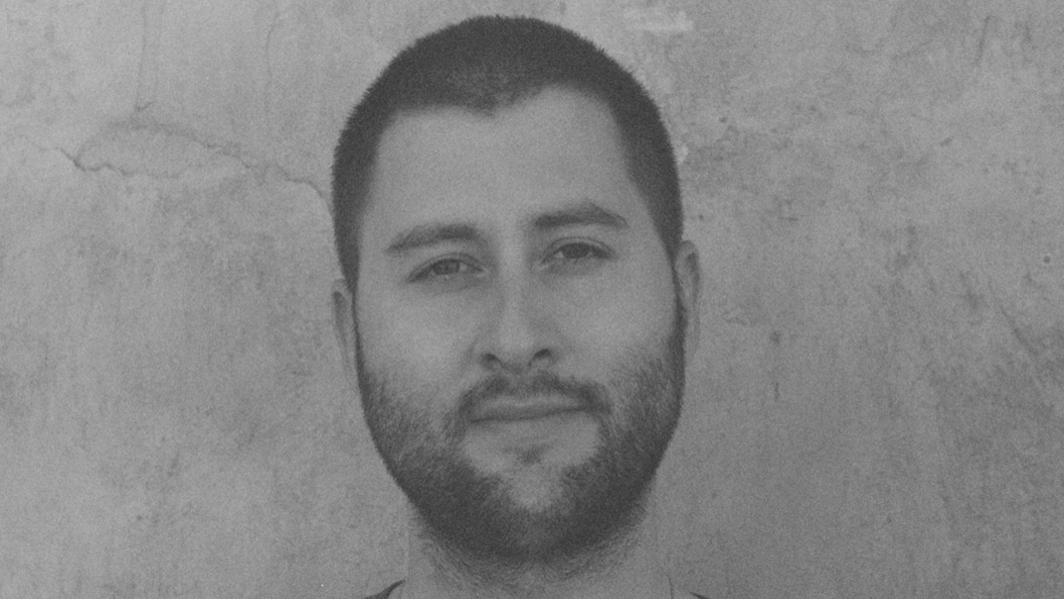Didier Zúñiga, political science
April 04, 2023

Didier Zúñiga completed a PhD in political science at the University of Victoria, with a specialization in political theory. At the time of this article, he had accepted a tenure-track position in the Department of Political Science at University of Alberta.
In his book, Pluralist Politics, Relational Worlds, Zúñiga examines the possibility for dialogue and mutual understanding in human and more-than-human worlds. The book responds to the need to find more democratic ways of listening to, giving voice to, and caring for the variety of beings that inhabit the earth.
1. What main message in your new book do you want readers to understand?
The main message that I hope to convey in the book is that rethinking who ‘we’ are as human animals will prompt a fundamental rethinking of how we should relate to each other and to the nonhuman living world. This involves rethinking the human as a relational, vulnerable, and interdependent self—one that is intrinsically intertwined with the natural world. It also entails the extension of notions and ideas such as personhood, reciprocity, and care (among others) beyond the confines of the human.
2. How does your new book examine the climate crisis?
The book’s goal is to provide a more expansive understanding of conventional political categories such as citizenship, participation, and representation. In my view, a crucial aspect of the ‘climate crisis’ problem is the very framework through which we try to make sense of environmental destruction. This framework establishes a stark separation between social systems and ecological worlds, thereby validating and reproducing harmful and exploitative relationships with the Earth and its multiplicity of nonhuman inhabitants.
3. Will your new book be published in Spanish, French and English?
I hope so! But I have no immediate intentions of translating the book myself. Translations require a lot of work, and at present, my focus lies on pursuing original research at this juncture of my career. Nonetheless, I aspire to eventually secure funding to facilitate the book’s translation and publication in both Spanish and French.
4. Why did you chose to do your dissertation with Professors Avigail Eisenberg and James Tully?
My choice to pursue a doctoral degree at UVic was motivated by the University’s robust and interdisciplinary emphasis on issues surrounding difference, diversity, and pluralism, in the broad sense, and more particularly on Indigenous knowledges, resurgence, and governance. Both Avigail Eisenberg and James Tully are world-renowned authorities in these areas and themes, which is why I am very grateful to have had the opportunity to work with—and to learn from—them.
5. What is it about political theory that you find most interesting?
Despite the field’s seemingly abstract nature, the sort of political theory that captivates my attention has the potential to provide valuable tools to both better understand the world we inhabit, and to help adjudicate between possible ways of acting in it. In other words, it sheds light on the fact that existing relationships and structures can be subject to change, thus offering the prospect of alternative ways of existence. Ultimately, political theory can help address the pressing problems that societies face, such as anthropogenic climate disruption.
END
